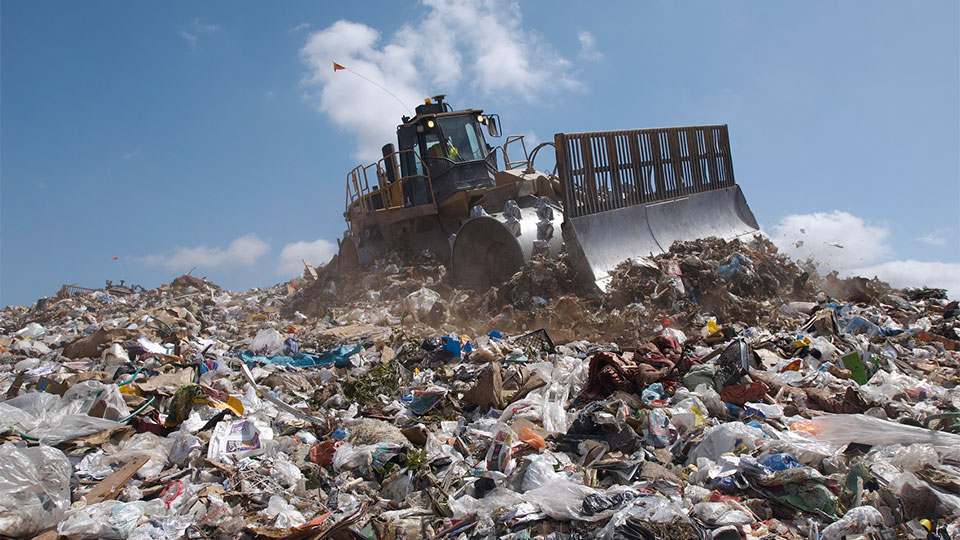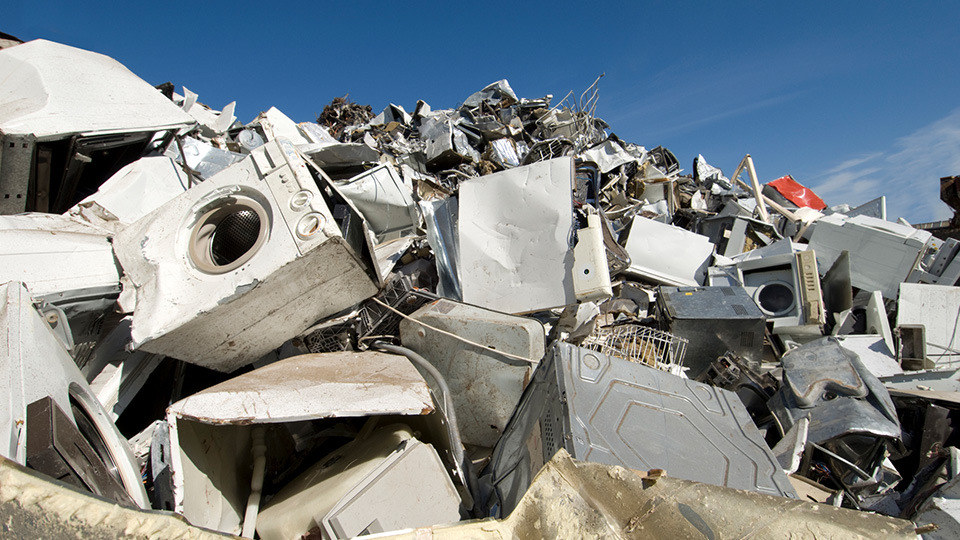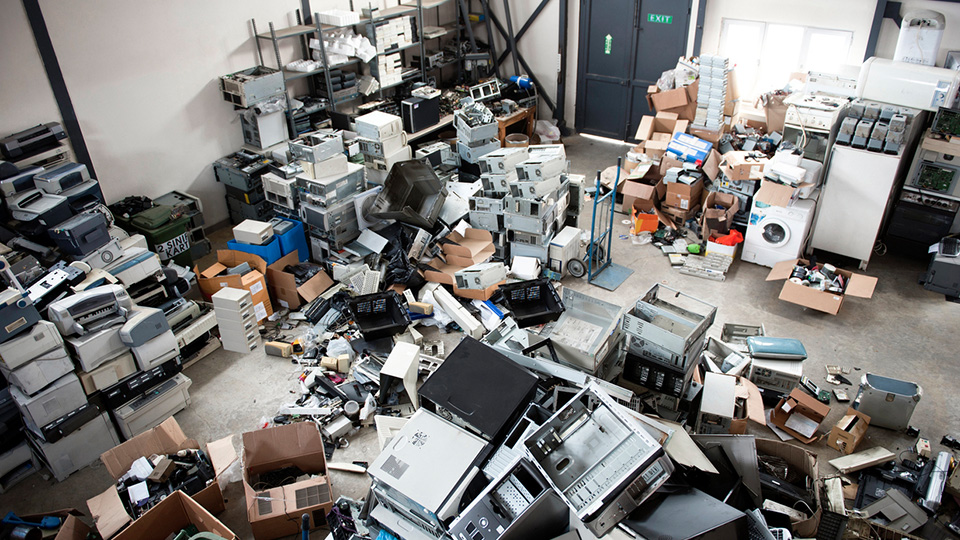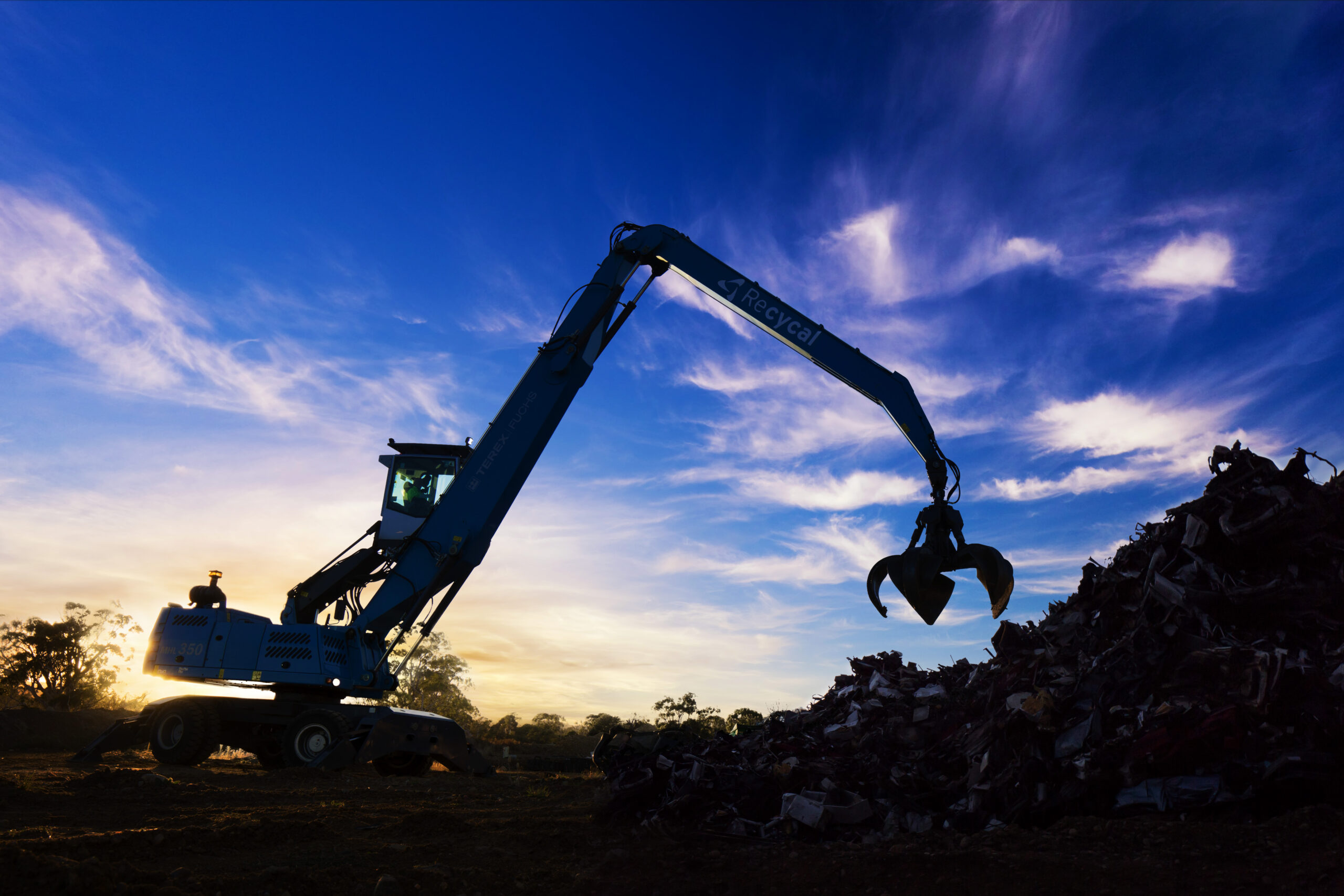China’s recent ban on importing many types of waste has highlighted major weaknesses in the way in which Australia and similar countries have approached recycling.
Now it appears that the situation is twice as bad as originally thought.
With China’s door closed and with other countries lacking sufficient recycling capacity, more than a million tonnes of metals, paper and plastics now need to be dealt with in Australia.
We’re about to discover the many real costs of not recycling in Australia.
Landfill and stockpiling
Without the capacity to process all the recyclable waste we generate, there are two options: dump it in landfill or stockpile it in warehouses.
Both come with direct economic costs in the form or rent and landfill fees.
There are also very real environmental costs, for example when mountains of waste catch fire.
Exported jobs
Filling up shipping containers creates few jobs. Recycling creates many.
Even with the move to increasing automation, the recycling industry can be a real creator of jobs.
In fact, one Australian plastics recycling company found that after it installed robots its number of employees increased.
The greater efficiency and lower costs meant the business could grow bigger, expanding the number of jobs in areas that couldn’t be automated.
Loss of resources
Recyclable materials represent valuable resources that can be transformed into new products.
Sending all these materials overseas deprives local manufacturers of the raw materials they need.
Stifled innovation
Recycling stimulates innovation.
If waste is shipped overseas it removes an incentive to develop new, exportable solutions at home, depriving our economy of new growth industries and new jobs.
Increased greenhouse gas emissions
Global shipping is responsible for 17% of global carbon dioxide emissions.
Local recycling eliminates the greenhouse gas emissions associated with shipping waste.
Health costs
China’s ban is part of a program to clean up their recycling industry and reduce the impacts of poor recycling processes on the health of its people and the local environment.
But there’s still plenty of waste going to other developing countries where environmental and occupational health standards are weak or unenforced.
Recycling in Australia reduces the risks to health elsewhere.
Silver lining
China’s ban could well end up being a blessing in disguise.
But for that to happen we need to look after our own dirty mess here, embrace the opportunity to innovate, and ensure that as much of our waste as possible remains with the circular economy.
Who knows? One day we may be asking the Chinese to send their ‘garbage’ to us, as we become the experts at transforming waste into a valuable, irreplaceable resource.






